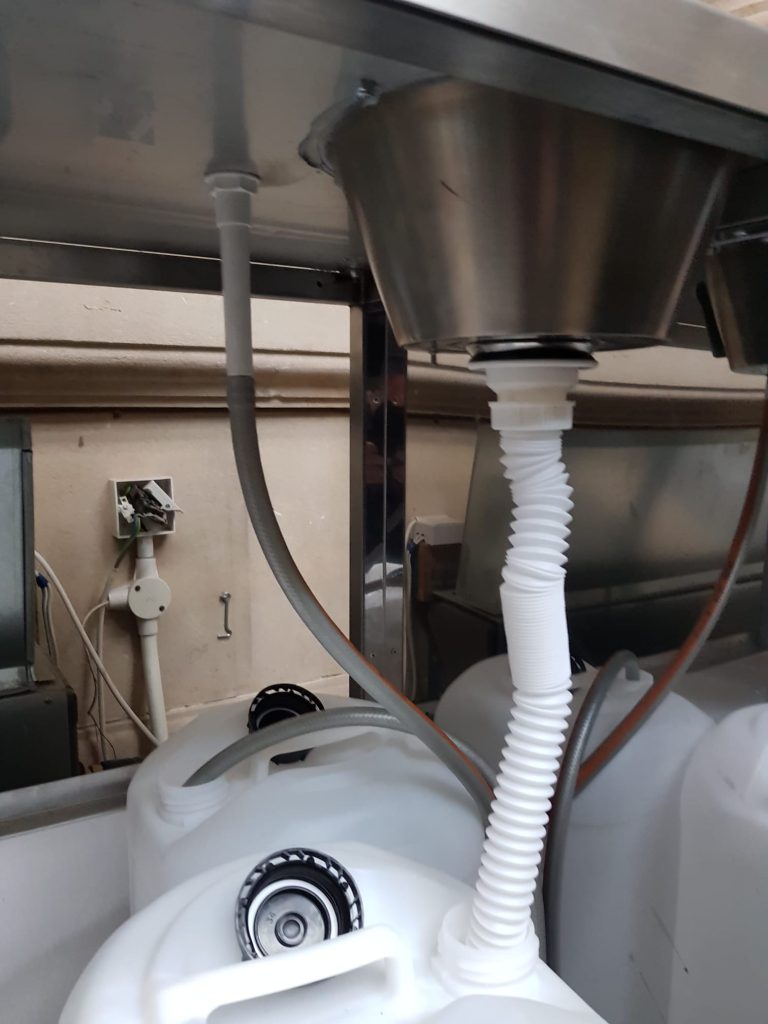Introduction
Dealing with a clogged drain can be a real hassle, causing inconvenience and potential damage. If you’ve ever wondered, “How much is a drain unblocker?” you’re in the right place. In this comprehensive guide, we’ll explore the various aspects of drain unblocking, from costs to solutions, all while providing valuable insights to help you navigate this common household issue.

How much is a Drain Unblocker?
Unblocking a drain involves a range of factors that contribute to the overall cost. On average, the cost of hiring a professional drain unblocking service can vary between 100 to 300 pounds, depending on the severity of the blockage, the location, and the service provider. It’s essential to note that prevention is often more cost-effective than dealing with a major blockage.
Factors Affecting the Cost
Several variables influence the cost of a drain unblocker service. These include:
- Severity of Blockage: The complexity of the blockage plays a significant role. Minor clogs may be resolved quickly, while extensive blockages might require more time and effort.
- Location: The location of the blockage within your plumbing system can impact the cost. Blockages in accessible areas are generally easier and less expensive to clear.
- Time and Labor: The time and effort required to unblock the drain contribute to the overall cost. More complicated blockages may necessitate additional labor.
- Equipment and Materials: The tools and equipment needed for drain unblocking can influence the cost. Advanced methods like hydro-jetting or camera inspections might incur extra expenses.
- Emergency Services: If you require immediate assistance outside regular business hours, emergency service fees may apply.
DIY Drain Unblocking Techniques
Before reaching for your phone to call a professional, consider trying these DIY drain unblocking techniques:
- Boiling Water: Pouring boiling water down the drain can help break down grease and minor blockages.
- Baking Soda and Vinegar: A natural and eco-friendly solution, this combination can help dislodge debris.
- Plunger: Often effective for toilet and sink blockages, a plunger creates pressure to dislodge the clog.
- Auger or Snake: These tools are used to physically break up and remove blockages.
Professional Drain Unblocking Services
When DIY methods fall short or the blockage is severe, it’s time to consider professional drain unblocking services. These experts have the experience and tools to tackle even the most stubborn clogs. Services may include:
- Hydro-jetting: Using high-pressure water to clear obstructions and clean the pipes thoroughly.
- Cabling or Snaking: Physically breaking down blockages with a flexible cable.
- Camera Inspection: A specialized camera is inserted to identify the exact location and nature of the blockage.
- Chemical Drain Cleaners: Professionals might use specific chemicals to dissolve and remove blockages.
Preventive Measures to Avoid Future Blockages
The best way to deal with drain blockages is to prevent them from occurring in the first place. Follow these tips to keep your drains flowing smoothly:
- Regular Maintenance: Schedule periodic drain cleaning to remove potential buildup.
- Dispose of Grease Properly: Avoid pouring cooking grease down the drain, as it can solidify and cause blockages.
- Use Drain Screens: Install screens in sinks and showers to catch hair, debris, and other materials.
- Be Mindful of What You Flush: Only flush toilet paper and waste, avoiding items that can clog pipes.
FAQs
Q: Is it okay to use chemical drain cleaners? A: While they can be effective, chemical drain cleaners may damage pipes over time. It’s best to use them sparingly and consider other methods first.
Q: Can tree roots cause drain blockages? A: Yes, tree roots seeking water sources can infiltrate and block pipes, leading to clogs.
Q: Are professional drain unblocking services expensive? A: The cost varies depending on factors like severity and location, but professional services can offer efficient, long-lasting solutions.
Q: What should I do if a plunger doesn’t work? A: If a plunger fails, consider using a drain snake or call a professional for assistance.
Q: Are there eco-friendly drain unblocking options? A: Yes, using baking soda, vinegar, or enzyme-based cleaners provides environmentally friendly alternatives.
Q: How often should I schedule drain maintenance? A: Regular maintenance every 6 to 12 months can help prevent major blockages and maintain healthy pipes.
Conclusion
Unblocking drains is a task that requires careful consideration of costs, solutions, and prevention methods. By understanding the factors affecting the cost of a drain unblocker service and exploring various techniques, you can effectively manage and prevent drain blockages. Remember, a proactive approach to drain maintenance can save you both time and money in the long run.